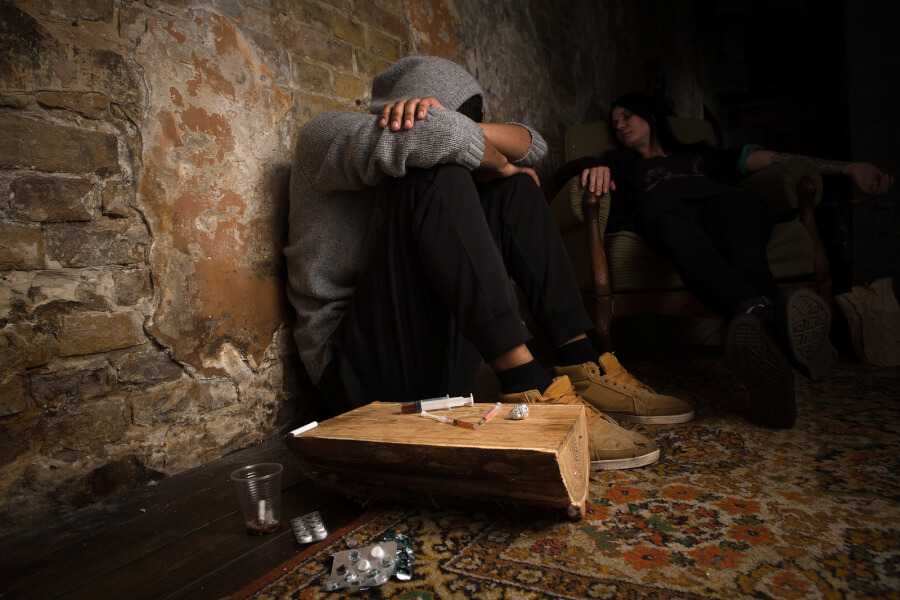No parent ever wants to hear the words “juvenile court.” It’s unfortunate, but inevitably, some parents will.
North Carolina sees “juvenile delinquents” as individuals who can be rehabilitated. “Adults” of any age will be held responsible for criminal acts they commit, so they are arrested, charged, put on trial and sentenced if they are found guilty.
If your child is in trouble with the law, it helps to understand how it all works, and what you can expect.
The Basics
 The focus of juvenile court is rehabilitation instead of jail time. If someone underage commits a wrongful act that’s classified as misdemeanor, it’s generally called a “delinquency.” There is no jury in juvenile court, and all decisions are made by a judge, who has a wider selection of rehabilitation options instead of just incarceration.
The focus of juvenile court is rehabilitation instead of jail time. If someone underage commits a wrongful act that’s classified as misdemeanor, it’s generally called a “delinquency.” There is no jury in juvenile court, and all decisions are made by a judge, who has a wider selection of rehabilitation options instead of just incarceration.
While juveniles are given punishment for breaking the law, there are a number of options besides standard jail sentences available for youthful offenders. They can also have their records wiped clean after 18 or 21 by participating in rehabilitation. Alternative sentences, such as spending time in a youth development center, probation and driving restrictions are also available.
The word “crime” usually refers to an adult offender. There are juveniles who commit “adult” crimes, and these individuals are tried as adults. The severity of the crime allows a judge to bypass the juvenile court system. Incarceration is the most likely outcome.
Delinquent vs. Undisciplined
A “delinquent” is a juvenile who has committed a crime, including traffic citations. The severity of the crime is the determining factor. Most individuals in the juvenile court system are accused of misdemeanors, such as vandalism, underage drinking, and shoplifting.
An “undisciplined” juvenile is one who skips school frequently, goes into places they shouldn’t be (i.e., bars), has been a runaway, and is outside the discipline of his or her parents, custodians or guardians.
Juvenile Justice
This is the name North Carolina gives to the division of the criminal justice system that deals with anyone under 15 that commits a criminal act. It also deals with 16- and 17-year olds who get into trouble. Most offenses can be expunged, sealing off the court record.
Court proceedings are handled in state district courts.
When a juvenile is accused of a crime, a citizen or law enforcement officer files a complaint, and a court counselor takes him or her through the intake process. The counselor evaluates the complaints and decides whether court action is warranted, or if community resources should be deployed. This takes between two and four weeks.
The counselor identifies the juvenile’s needs and matches him or her with community resources as needed, and can create a “diversion plan” with the parents.
A judge can also order probation, “diversion” (similar to probation, without a court appearance) and detention, which involves confinement. Detention is usually reserved for repeat offenders, and may require him or her to stay until the age of 21.
Once the restriction period and/or incarceration is successfully completed, some juvenile offenses can be expunged.
You can see a flowchart of the process that illustrates how this system works.
Tried As An Adult
Juveniles who commit felonies such as weapons possession, drug charges, alcohol/tobacco use or possession, assault and other crimes can be sent directly into the adult court system and tried there. Although the juvenile retains his or her right to legal counsel, there is no longer a right to privacy. The case will be made public for anyone over the age of 15, just as if the individual were over 21.
Raleigh Juvenile Defense
If your child has been arrested for breaking the law, you’ll need an attorney who understands the juvenile court system in Wake County to help you through the process and through court. Dewey P. Brinkley is a former Wake County Assistant District Attorney, and will aggressively defend your child in court against any charges, major or minor. Call today at 919-832-0307 to schedule your free consultation.

